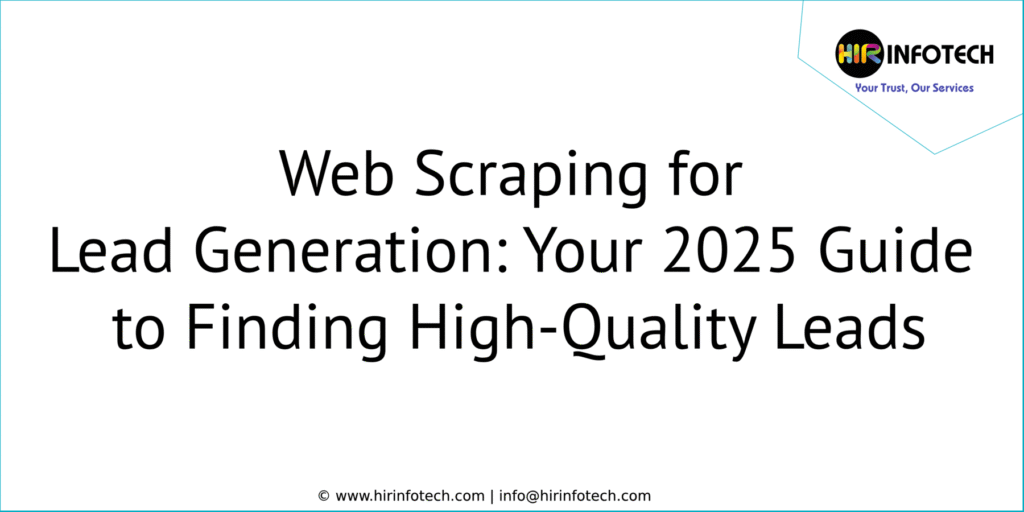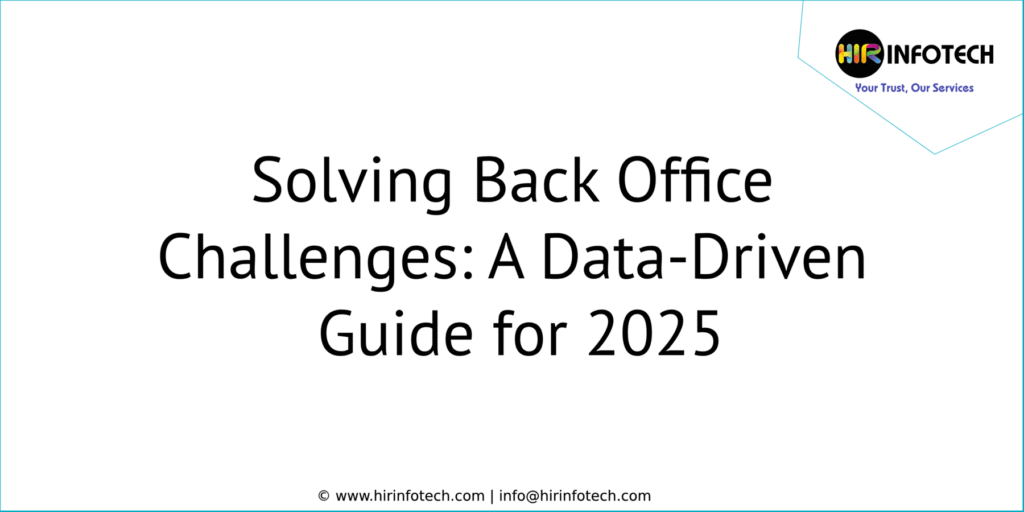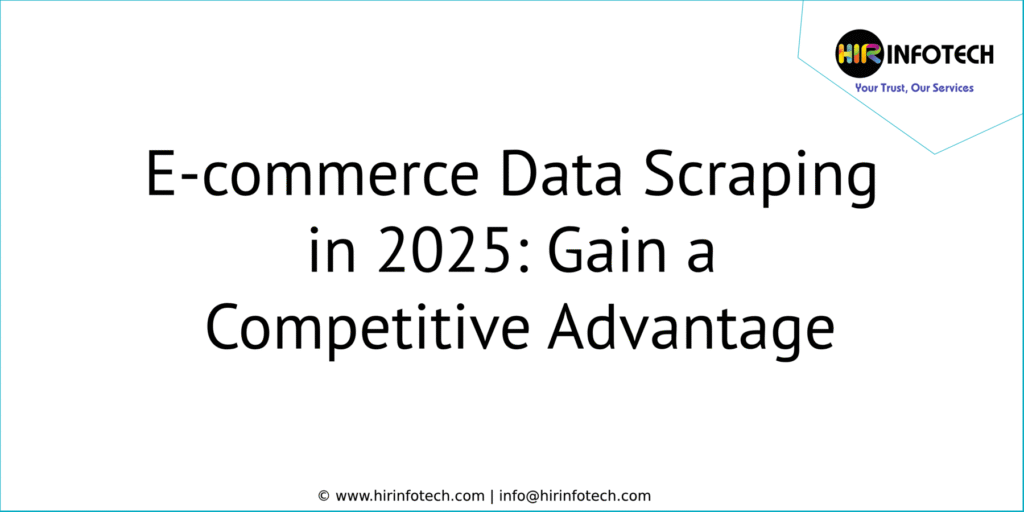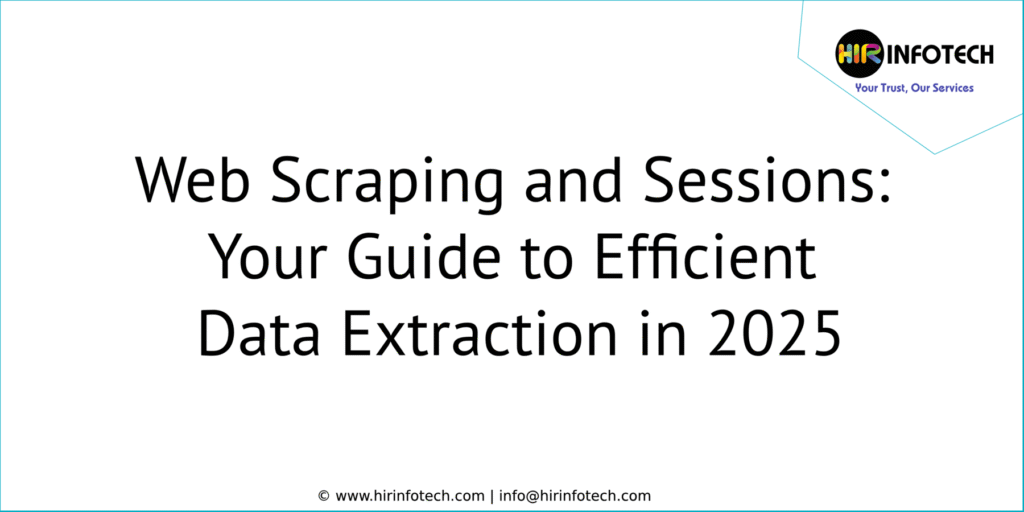
Introduction:
Finding good leads is tough. Traditional methods are slow and expensive. Web scraping offers a powerful solution. This guide explains how to use web scraping for lead generation in 2025. It’s simple and effective, even if you’re not a tech expert.
What is Web Scraping for Lead Generation? (The Basics)
Web scraping is like a super-powered research assistant. It automatically collects information from websites. For lead generation, this means finding contact details, company information, and other valuable data. It’s much faster and more efficient than doing it manually.
Why Use Web Scraping for Lead Generation? (The Benefits)
- Speed: Get thousands of leads in a fraction of the time compared to manual research.
- Scale: Collect data from multiple websites simultaneously. Grow your lead database quickly.
- Targeting: Focus on specific industries, job titles, locations, and other criteria. Find your ideal customers.
- Cost-Effectiveness: Often cheaper than buying lead lists or hiring a research team.
- Accuracy: Reduce human error. Get reliable, up-to-date information (when done correctly!).
- Efficiency: Spend less time for data collection.
- Automation: Schedule the data update on a regular interval.
How Web Scraping Works (Step-by-Step)
- Identify Your Ideal Customer Profile (ICP): Who are you trying to reach? What are their characteristics (industry, job title, company size, etc.)?
- Find Relevant Websites: Where does your ideal customer “hang out” online? (Industry directories, LinkedIn, professional association websites, etc.).
- Define Data Points: What information do you need? (Name, email, phone number, company, job title, etc.).
- Choose Your Approach: You can use a “no-code” tool (for simple projects), build your own scraper (requires coding), or hire a custom scraping service (recommended for most businesses).
- Extract the Data: The scraper visits the target websites and collects the specified information.
- Clean and Organize the Data: The raw data needs to be cleaned, validated, and structured.
- Integrate with Your CRM: Import the leads into your Customer Relationship Management (CRM) system.
- Outreach and Nurturing: Initiate personalized communication.
Why Custom Web Scraping is Often the Best Choice
While “no-code” tools exist, a custom scraping service (like Hir Infotech offers) provides significant advantages:
- Handles Complex Websites: Many websites are difficult to scrape. Custom solutions can handle complex structures, dynamic content (loaded with JavaScript), and anti-scraping measures.
- Tailored to Your Needs: Get exactly the data you need, in the format you need it. No wasted effort on irrelevant information.
- Data Quality Assurance: Experts ensure the data is accurate, complete, and up-to-date.
- Scalability: Custom solutions can handle large volumes of data from many sources.
- Maintenance and Updates: Websites change. A custom service will update the scraper as needed.
- Legal and Ethical Compliance: Experts ensure your scraping activities comply with all relevant laws and regulations.
- Integration with Your Systems: Seamlessly integrate the scraped data with your CRM, marketing automation platform, or other tools.
Key Data Points to Scrape for Lead Generation
The specific data you scrape depends on your target audience and your sales process. Here are some common examples:
- Contact Information:
- Name
- Job Title
- Email Address
- Phone Number
- LinkedIn Profile URL
- Company Name
- Company Website
- Company Information:
- Industry
- Company Size (number of employees, revenue)
- Location
- Year Founded
- Funding Information (for startups)
- Social Media Activity:
- Recent posts, comments, and shares (for lead nurturing)
- Website Activity:
- Blog posts, press releases, case studies (to understand company priorities)
- Job Postings:
- To identify companies that are hiring (a potential indicator of growth)
Where to Find High-Quality Leads Online (Top Sources)
- LinkedIn: The gold standard for B2B lead generation. Scrape profiles, company pages, and groups. Important Note: LinkedIn has strong anti-scraping measures. A custom scraping service is often essential for reliable data extraction.
- Industry Directories: Many industries have online directories listing companies and contact information.
- Professional Association Websites: These websites often have member directories.
- Event Websites: Scrape attendee lists or speaker profiles.
- Company Websites: “About Us” pages, “Team” pages, and “Contact Us” pages can be valuable sources of information.
- Online Marketplaces (e.g., Amazon, Etsy): For finding potential resellers or partners.
- Review Sites (e.g., G2, Capterra): For identifying companies that might be dissatisfied with their current solutions.
- News Websites and Blogs: For identifying companies that are in the news (e.g., receiving funding, launching new products).
- Google Maps: To get local leads.
- Yellow Pages: It is also directory based websites to get leads.
Example Use Cases: Web Scraping in Action
- Software Company: Scrapes LinkedIn for CTOs and IT Directors at companies with 100+ employees in the healthcare industry.
- Marketing Agency: Scrapes industry directories to find companies in their target market and gather contact information for marketing managers.
- Recruitment Firm: Scrapes job boards to identify companies that are hiring and gather contact information for HR managers.
- Real Estate Agent: Scrapes Zillow and Realtor.com for “For Sale By Owner” listings and contact information.
- E-commerce Store: Scrapes competitor websites to track product pricing and identify new product opportunities.
- Financial Services Company: Scrapes Crunchbase and AngelList for startups that have recently received funding.
Ethical and Legal Considerations (Scraping Responsibly)
- Terms of Service: Always check the website’s terms of service. Some websites explicitly prohibit scraping.
- Robots.txt: This file (e.g., www.example.com/robots.txt) tells scrapers what they can and cannot access. Obey it. Learn about robots.txt from Google Search Central.
- Rate Limiting: Don’t overload the website with requests. Scrape slowly and politely. This is often called “being a good web citizen.”
- Personal Data: Be extremely careful when scraping personal data. Comply with all relevant privacy laws, including:
- GDPR (General Data Protection Regulation): Applies to data from individuals in the European Union.
- CCPA/CPRA (California Consumer Privacy Act/California Privacy Rights Act): Applies to data from California residents.
- Data Security: Store the scraped data safely.
- Copyright Law: Do not scrape copyright content.
- User-Agent: Identify your scraper with a clear and accurate User-Agent string in your requests. This allows website owners to contact you if needed.
Best Practices for Web Scraping Lead Generation
- Start with a Clear Goal: What information do you need? Why do you need it?
- Target Specific Websites: Don’t try to scrape the entire internet! Focus on the most relevant sources.
- Be Respectful: Scrape slowly, use proxies, and rotate user agents.
- Clean and Validate Your Data: Don’t skip this crucial step!
- Integrate with Your CRM: Make the data actionable by importing it into your CRM system.
- Monitor and Adapt: Websites change. Your scraping process may need to be adjusted.
- Prioritize Quality over Quantity: A smaller list of high-quality leads is better than a huge list of irrelevant contacts.
- Test and Refine: Run small tests first.
The Role of Proxies in Web Scraping
- What are Proxies? Proxies act as intermediaries between your computer and the website you’re scraping. They mask your IP address.
- Why Use Proxies?
- Avoid IP Blocking: Websites often block IP addresses that make too many requests.
- Bypass Geo-Restrictions: Access content that might be restricted to specific locations.
- Increase Anonymity: Make it harder for websites to track your scraping activities.
- Types of Proxies:
- Datacenter Proxies: Fast and affordable, but more easily detected.
- Residential Proxies: Use real residential IP addresses. More expensive, but less likely to be blocked.
- Mobile Proxies: Use mobile IP addresses. The most expensive, but the least likely to be blocked.
Data Cleaning: The Essential Step After Scraping
Raw scraped data is often messy. It needs to be cleaned and validated before it can be used. This involves:
- Removing Duplicates: Eliminate duplicate entries.
- Handling Missing Values: Decide how to deal with missing data (delete, impute, or leave blank).
- Standardizing Formats: Ensure dates, numbers, and text are in consistent formats.
- Correcting Errors: Fix typos, inconsistencies, and inaccuracies.
- Validating Data: Check if the data meets specific rules and criteria.
Frequently Asked Questions (FAQs)
- Is web scraping legal?
Generally, yes, if you scrape publicly available data and respect website terms of service and data privacy laws. It’s a complex area, so consult with legal counsel if you have concerns. - How can I avoid getting blocked while scraping?
Use proxies, rotate user agents, implement delays, and follow the website’s robots.txt file. - What’s the best programming language for web scraping?
Python is the most popular, due to its powerful libraries (Beautiful Soup, Scrapy, Selenium). - How much does web scraping cost?
It depends. “No-code” tools have subscription fees. Custom scraping services charge based on project complexity. - Can I scrape data from social media?
It’s possible, but social media platforms often have strict anti-scraping measures. Use their official APIs if available. - What types of websites are best for lead generation scraping?
- Industry directories, professional networking sites (like LinkedIn), company websites, event pages, and online marketplaces.
- Industry directories, professional networking sites (like LinkedIn), company websites, event pages, and online marketplaces.
- How do I ensure the data I scrape is accurate?
- Choose reliable sources, implement validation checks, and use a reputable scraping service that prioritizes data quality.
- Choose reliable sources, implement validation checks, and use a reputable scraping service that prioritizes data quality.
Ready to unlock the power of web scraping for lead generation? Hir Infotech provides expert, custom web scraping services. We deliver high-quality, accurate leads tailored to your specific needs. Contact us today for a free consultation and let us help you supercharge your lead generation efforts!



